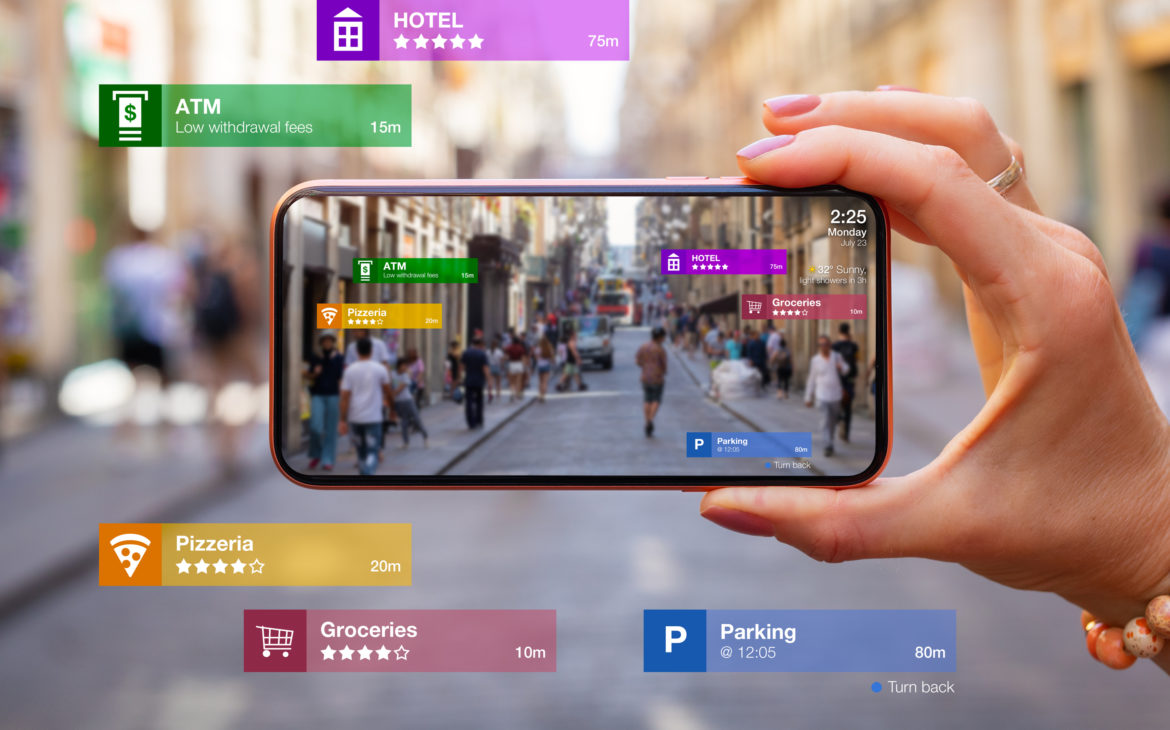With the development of apartment rental platforms and digitalization in the transport sector, travel has changed greatly in the last ten years. 5G technology should make it easier to travel and simplify the organization of trips. Namely, 5G brings fast connections to the most remote corners of the world, which will enable further development of tourism and global travel. Let us remind you that the pre-pandemic year brought a record tourism revenue of 8.8 trillion dollars and that about 320 million people work in tourism.
We bring you the five areas of tourism that 5G technologies will impact the most.
Smart city for easier organization of city tours
Shorter trips are the current trend in tourism. Tourists want to make the most of the time spent at a destination. Smart cities based on 5G networks will enable quick exploration of the city. Tourists will easily book restaurants, buy tickets for attractions online and, of course, share information about the best parts of the city to visit. Although many services are already accessible online, the 5G network will provide all these services not only in large cities but also in remote rural areas where such services are not available today.
More card-based services
5G offers benefits not only to consumers but also to local entrepreneurs who rely heavily on tourism. Services and goods that are mostly paid for in cash (e.g. taxis or ice cream) will be able to use 5G networks to offer card payments, and the advantage for many smaller businesses lies in the fact that, besides traditional and expensive POS devices, they will be able to use cheaper mobile card readers like iZettle.
Better connection in hotels, restaurants, and tourist locations
For tourists, the imperative is to be able to post good photos on social media or send them to their families and friends. The 5G network will allow for a more affordable and more accessible fast connection that will be able to satisfy even the most demanding tourists, without being too costly for restaurant or hotel owners who nowadays invest a lot of money to provide their guests with a quality connection. Moreover, social media posts are the best promotion of destinations. Tourists expect high-quality Wi-Fi in hotels, so almost 60 percent of them said that they would leave the accommodation due to a bad connection. However, hoteliers point out that due to the greater flow of information, their connections are overloaded, causing a decrease in the speed and security of the connection. 5G solves both problems because it offers higher speeds to consumers. On the other hand, hoteliers will be able to use 5G technology to connect lighting or use smart thermometers so that guests can adjust the temperature to their liking before arriving in the hotel room or turn lights on and off using a touchscreen panel located next to the beds.
Virtual reality at museums, cultural attractions, but also stadiums
The development of 5G technology will revive monuments and cultural attractions with the help of VR and designed tours that allow virtual travel through time. The UK conducted a 5G pilot project in which tourists used an app to back to ancient times by visiting the Roman Baths. It should be emphasized that the goal is not to replace the actual experience with virtual reality but to enrich it with additional content. Although we haven’t been to a big concert or a full football stadium since 2019, most people will still remember how bad the signal was in such crowds because almost everyone was accessing the network simultaneously. The 5G network can withstand this pressure and provide a fast connection for thousands of people in the same place, but it also opens the door to new experiences such as AR and VR services.
Greater public safety in tourist locations
5G technology allows operators to reserve a certain part of the network for VIP users such as emergency services. This approach will enable the delivery of real-time threat intelligence, for example from the reaction to a fire registered on sensors or online medical care. The new technology will help services use AR and VR technology to conduct training and simulations of potential situations.
